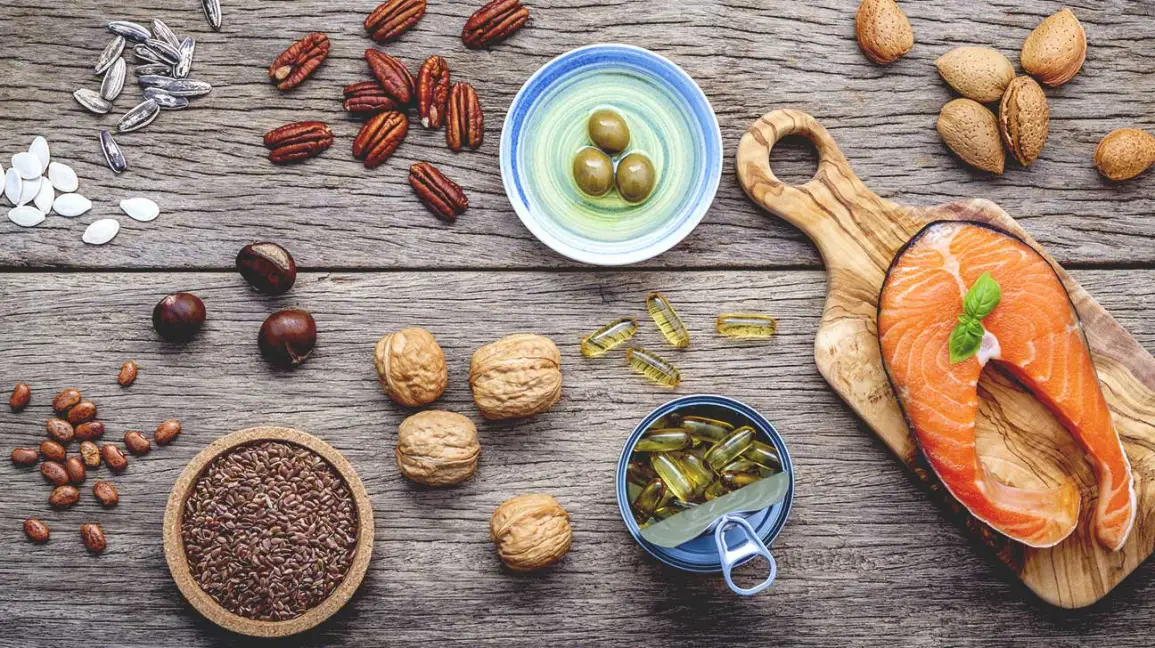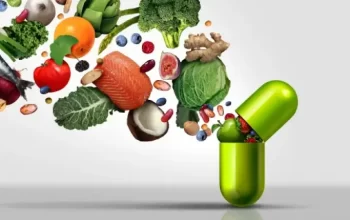No matter if you are vegetarian, vegan, or just trying to be healthier – nutrition is key for good health. Discover which top five nutrients your body requires daily and how you can meet those needs through daily consumption.
Protein is essential in building muscles and hormones/enzymes; additionally it contributes to creating antioxidants and DNA.
1. Carbohydrates
Carbohydrates provide energy to our bodies and are critical to keeping organs such as the heart, brain and kidneys running optimally.
An adult requires 45-66% of their caloric intake to come from carbohydrates, such as fruits, vegetables and grain foods such as whole grains, potatoes and pasta.
Carbs may get a bad rap, but they are an integral component of a balanced and nutritious diet.
Dieting should include sufficient protein and healthy fats to provide your body with all of the nutrition it requires for optimal functioning. Aim to limit processed, sugary or refined foods while enjoying plenty of fresh fruits, vegetables and beans for maximum nutrition intake that supports blood glucose stability and ultimately leads to overall wellness and weight loss.
2. Protein
Proteins are essential building blocks of our bodies, from tissues and hormones to molecules and enzymes that move through it.
A balanced diet should include an appropriate combination of proteins from meats, fish, eggs and milk products as well as plant sources like soy beans and legumes. Eating plenty of these foods at each meal will ensure your body receives enough protein to feel satiated, promote muscle repair and growth and maintain an appropriate weight.
If you want to increase your protein consumption, start by increasing lean sources like fish, poultry, nut butters and beans into your meals. Or swap out one of your usual carb-heavy snacks with something higher in protein such as nuts or roasted chickpeas in order to meet your daily goal of meeting daily protein goals.
3. Fats
Your body requires fat for energy, vitamin absorption and temperature regulation – but not all fats are created equal — too much of some types can harm your health.
Dietary fats come in two varieties, saturated and unsaturated. Saturated fats can be found predominantly in meat and dairy products as well as snack foods and baked goods; while unsaturated fats tend to be present only in limited amounts.
Unsaturated fats can be found primarily in plant-based foods and fatty fish, where they provide essential nourishment to both your heart and brain while helping reduce risk factors for diseases like diabetes or high blood pressure.
Fats can help you feel satisfied, boost metabolism and regulate blood sugar. But they should be consumed as part of an overall balanced diet rather than being treated as treats.
4. Vitamins
Vitamins are essential to our wellbeing, yet our bodies cannot produce sufficient quantities on their own; thus, food sources must provide enough nourishment.
Vitamins play an essential role in building protein and cell structure, producing collagen to strengthen blood vessels, fighting infections and keeping teeth and bones healthy. Furthermore, they convert protein, fats and carbohydrates into energy for your body to use.
Your body stores essential fat-soluble vitamins (A, D, E and K) in its liver and fatty tissues for future use, with gradual releases into your bloodstream by your liver to meet daily requirements.
5. Minerals
Minerals are essential nutrients for supporting the immune system, bones and blood pressure as well as staying hydrated.
Your body requires both macrominerals (calcium, phosphorus, magnesium and potassium) as well as trace or microminerals such as iron, manganese copper iodine selenium zinc cobalt and fluoride for proper functioning.
Consuming a diet consisting of fruits, vegetables, whole grains, low-fat dairy, beans and legumes and protein sources will give you all of the vitamins and minerals you need for good health. Particular foods, like eggs and organ meats are particularly rich sources of specific minerals.









